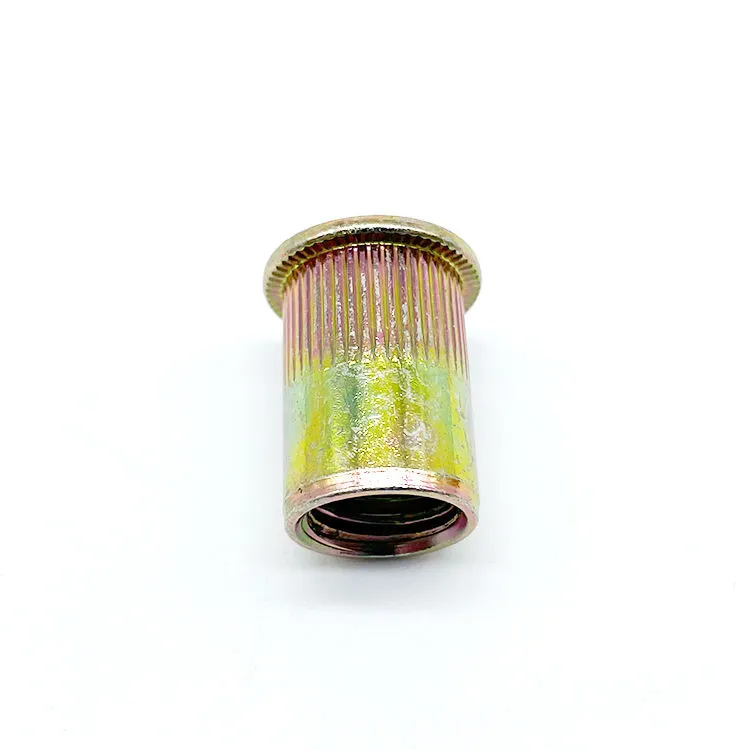

M4 Flat Washer - Durable and Reliable Fastening Solutions
Aug . 31, 2024 01:14 Back to list
M4 Flat Washer - Durable and Reliable Fastening Solutions
Understanding the Importance of Flat Washers A Focus on M4 Size
Flat washers, particularly the M4 size, play a crucial role in various mechanical and construction applications. Often overlooked, these small yet significant components help ensure the stability and longevity of assemblies in numerous environments.
Understanding the Importance of Flat Washers A Focus on M4 Size
When discussing the M4 flat washer, we refer to a washer designed for use with a metric M4 screw or bolt, which has a nominal diameter of 4 millimeters. The standard thickness of an M4 flat washer typically falls between 0.5mm to 2mm, although variations exist depending on the intended application. These washers are frequently used in automotive, electronics, and construction industries, among others.
flat washer m4

One of the significant benefits of using flat washers, especially in the M4 size, is the increased surface area that helps to prevent damage to the material being fastened. In softer materials, such as plastics or wood, the use of a washer can prevent the fastener from pulling through or creating a larger hole than necessary. In metallic applications, the washer serves to avoid galling or damage to the threaded surfaces, promoting a more reliable and secure joint.
Moreover, M4 flat washers can be crucial in applications that involve dynamic loads. When machinery or vehicles are in operation, vibrations and movements occur that can lead to fasteners loosening over time. By employing flat washers, the tension is maintained, thus enhancing the durability and safety of the assembly.
In addition, M4 flat washers come in various finishes and materials, including stainless steel, zinc-plated steel, and plastic. This variety allows engineers and designers to choose the right washer for their specific environmental conditions. For instance, stainless steel washers are ideal for corrosive environments, while plastic washers can offer electrical insulation.
In conclusion, the M4 flat washer, while a small component, is indispensable in ensuring the integrity of numerous applications. Its role in distributing loads, preventing damage, and maintaining secure connections cannot be overstated. As industries continue to evolve and innovate, the importance of selecting the right washers will remain a fundamental aspect of mechanical design and functionality.
Latest news
-
Hot Dip Galvanized Bolts-About LongZe|High Strength, Corrosion Resistance
NewsJul.30,2025
-
High-Strength Hot Dip Galvanized Bolts - Hebei Longze | Corrosion Resistance, Customization
NewsJul.30,2025
-
Hot Dip Galvanized Bolts-Hebei Longze|Corrosion Resistance&High Strength
NewsJul.30,2025
-
High-Strength Hot-Dip Galvanized Bolts-Hebei Longze|Corrosion Resistance&High Strength
NewsJul.30,2025
-
Hot Dip Galvanized Bolts-Hebei Longze|Corrosion Resistance&High Strength
NewsJul.30,2025
-
Hot Dip Galvanized Bolts - Hebei Longze | Corrosion Resistance, High Strength
NewsJul.30,2025

